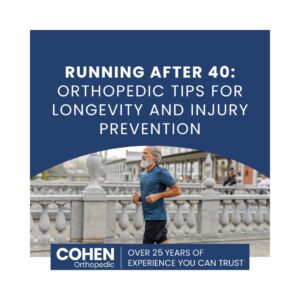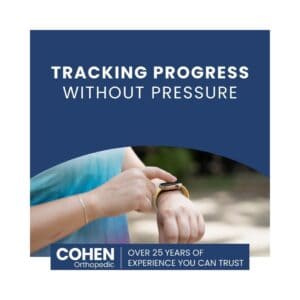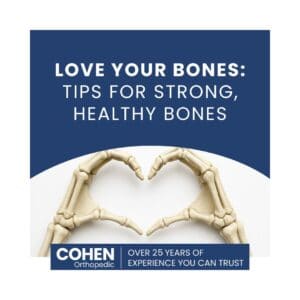Why Are My Joints So Noisy?
“Snap, Crack, Pop: Why Are My Joints So Noisy?”

Do your joints sound like a bowl of breakfast cereal whenever you move? You’re not alone. Many people experience the cacophony of cracks, pops, and snaps emanating from their joints, especially as they age or engage in physical activity. While it might seem alarming, the noises are often harmless. Let’s delve into why your joints are so noisy and when you should be concerned.
The Symphony of Synovial Fluid:
Picture this: You bend your knee, and it emits a series of cracks that could rival a firework display. What’s happening inside? One of the primary culprits behind joint noise is the release of gas bubbles. Within your joints, there’s synovial fluid, a lubricant that reduces friction and helps your joints move smoothly. When you stretch or bend a joint, the pressure changes, causing gas bubbles—mostly nitrogen—to form within the synovial fluid. When these bubbles collapse or burst, you hear that familiar cracking sound.
Ligaments and Tendons at Play:
Another source of joint noise comes from the stretching of ligaments and tendons around the joint. These connective tissues can sometimes move slightly out of place or rub against bone, creating snapping or popping sounds. This phenomenon is particularly common in the shoulders and knees, where complex networks of ligaments and tendons intersect.
Aging Gracefully:
As we age, our joints undergo changes that can contribute to increased noise. Cartilage, the smooth tissue that cushions the ends of bones, may wear down over time due to normal wear and tear or conditions like osteoarthritis. As cartilage deteriorates, the surfaces of the bones may become rougher, leading to more friction and, consequently, more joint noise.
Physical Activity and Joint Noise:
Engaging in physical activity, especially high-impact exercises like running or jumping, can exacerbate joint noise. The repetitive motions and increased forces exerted on the joints during exercise can amplify the sound of cracking and popping. However, unless accompanied by pain or swelling, these noises are typically harmless and often decrease as your body warms up during exercise.
When to Be Concerned:
While most joint noise is benign, there are instances where it may indicate an underlying issue
- Persistent Pain: If joint noise is accompanied by persistent pain, swelling, or limited range of motion, it’s essential to consult a healthcare professional. These symptoms could signal conditions like arthritis, tendinitis, or ligament damage that require medical attention.
- Locking or Catching Sensation: If a joint feels like it’s locking up or catching during movement, it could indicate a mechanical issue within the joint, such as a loose body or torn cartilage.
- Recent Injury: If joint noise develops suddenly following an injury or trauma, it’s crucial to have it evaluated to rule out any significant damage or fracture.
Conclusion:
While the symphony of cracks and pops emanating from your joints may sound alarming, in most cases, it’s simply the result of normal physiological processes. Factors like the release of gas bubbles, movement of ligaments and tendons, aging, and physical activity all contribute to joint noise. However, if joint noise is accompanied by pain, swelling, or functional limitations, it’s essential to seek medical advice to ensure optimal joint health and function. So, embrace the symphony of your joints, but listen to your body—and if it’s telling you something’s amiss, don’t hesitate to seek professional guidance.










